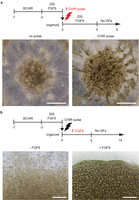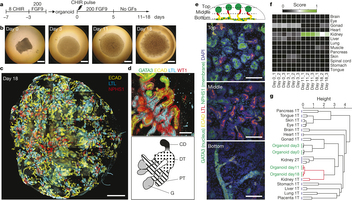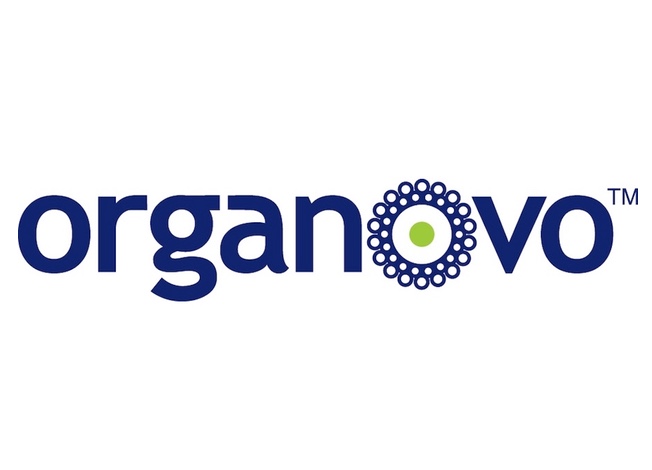Bioprinting company Organovo and UniQuest, the main technology transfer and commercialisation company of the University of Queensland (QU), have signed an exclusive worldwide licensing agreement to patent applications for producing bioprinted kidney cells.
Professor Melissa Little and her team at the QU Institute for Molecular Bioscience developed a method to grow kidney tissues from induced pluripotent stem cells (iPSCs), that could be used for toxicity screening and drug development. Published in the Nature journal, the research has shown that this method forms an organ with all the cell types normally present in the human kidney.

“The mini-kidney we have been able to grow is very complex and more like the real organ,” Professor Little explained. “This is important for drug testing as we hope these mini-kidneys will respond to the drugs as a normal organ might.”
With the aid of the research team, Oranovo will further develop the method for commercial applications. Under the terms of the agreement, Organovo is granted worldwide development and commercialisation rights for in vitro applications, with UniQuest to receive milestone and royalty payments along with an upfront technology access fee.
Additionally, the company has been working on 3D bioprinted kidney proximal tubule tissue, which was presented at the Experimental Biology conference in Boston earlier this year. This product is scheduled for release in 2016, while the newly licensed technology by UniQuest is expected to be launched later.

Sharon Presnell, Ph.D., CTO at Organovo commented: “We are excited to license this groundbreaking technology to enable the development of human kidney tissues that could change the landscape of drug testing and kidney research. Working with leading scientists such as Professor Little extends our leadership position in the generation and commercialization of tissues that better recreate in vivo human biology.”
Organovo’s 3D bioprinted liver tissue, exVive3D, has been released for commercial use back in November last year. Clients are able to access the technology through the company’s contract research services program.
Subscribe to our Newsletter
3DPresso is a weekly newsletter that links to the most exciting global stories from the 3D printing and additive manufacturing industry.


























